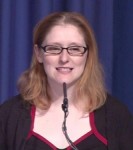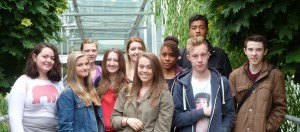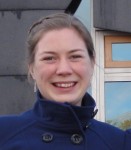
I was recently involved in the organisation of an event for local secondary school pupils for the Society for Biology’s ‘Biology Week’ initiative supported by The Physiological Society. The purpose of Biology Week is to celebrate all aspects of the biosciences. We set up a series of interactive displays and lectures and a dedicated online resource available through OpenLearn.






